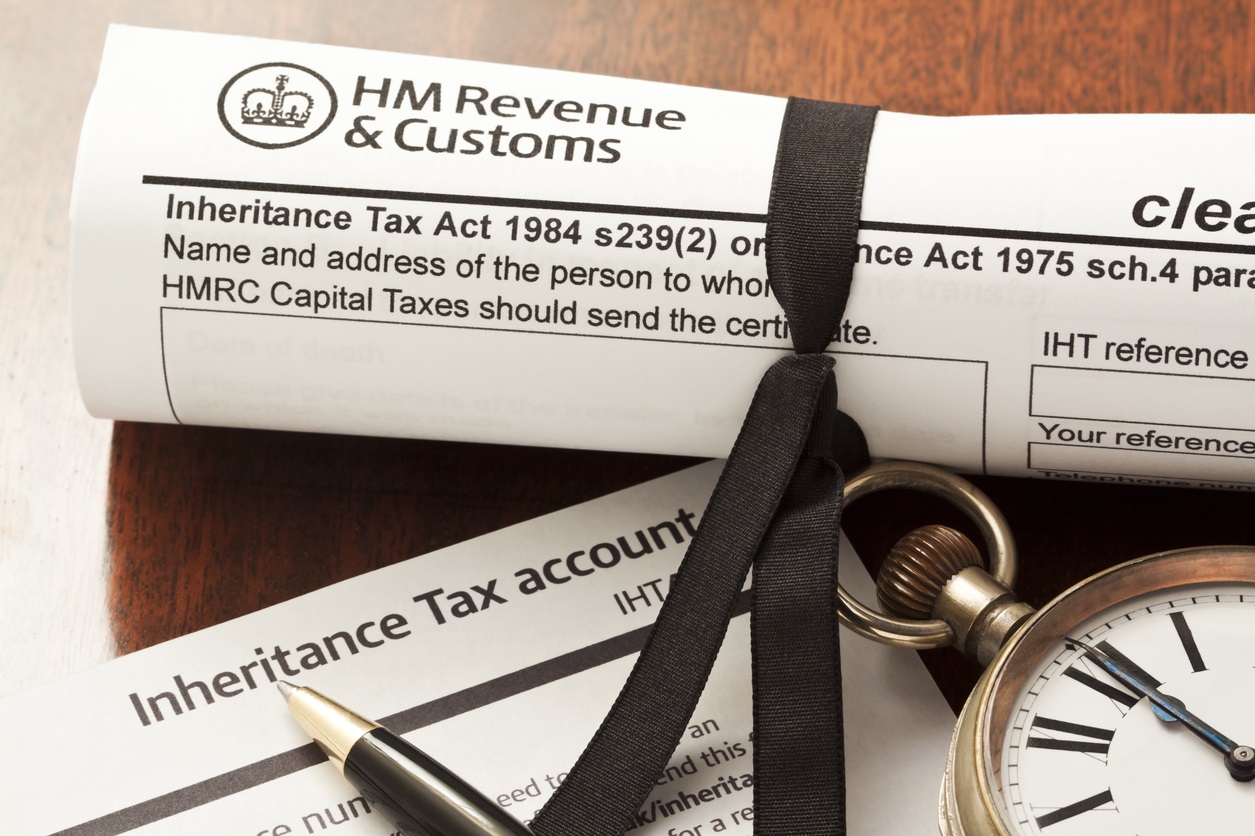
According to statistics published by HMRC, the Treasury fetched a record high of £5.2 billion in inheritance tax receipts last year.
Inheritance tax receipts increased 8% year-on-year in 2017/18 to continue a long-term trend, which began when the nil-rate band was frozen at £325,000 with effect from the 6 April 2009. Since then, inheritance tax receipts have grown by an average of 10% a year, with the latest increase £388 million higher than in 2016/17.
It’s thought that rising property prices have been a contributing factor to the ongoing rise in inheritance tax receipts – with house prices soaring above the rate of inflation over the same period. However, the most recent statistics don’t take into account the full impact of the residence nil-rate band (RNRB), which was introduced on the 6 April 2017 in addition to the £325,000 nil-rate band.
Eligible estates qualify for an extra £125,000 through the RNRB in 2018/19 if the deceased owned a home, or a share of one, that was included in their estate and left to their direct descendants. It enables someone to pass on a family home worth £450,000 without incurring inheritance tax liabilities in 2018/19 – and will increase a further £25,000 in each of the next two years.
Steve Webb, director of policy at Royal London, said:
“The amount of money raised from inheritance tax has doubled in less than a decade and a steadily rising proportion of estates are now caught within the inheritance tax net. Even the introduction of an additional nil-rate band for families passing on a home to their children was not able to stem the growth in inheritance tax revenues, yet it remains riddled with anomalies.”
He concluded:
“Inheritance tax is a complex tax, and the sooner it’s overhauled, the better.”
Sean McCann, chartered financial planner at NFU Mutual, agreed:
“We’ve seen in recent years a more aggressive approach from the taxman that has driven a surge in inheritance tax receipts. Simplification of this can’t come soon enough for many families, but taking financial advice should be a priority for anyone with a potential inheritance tax problem.”
If you would like to speak to accountants in Berkshire about any aspect of tax planning, please feel free to get in touch with PKB.

To read news and blogs from Steve Greehy, click here >>

